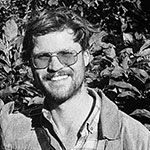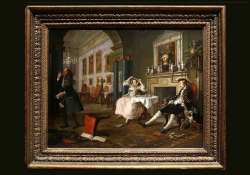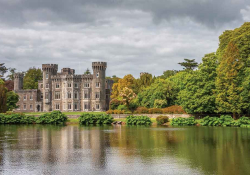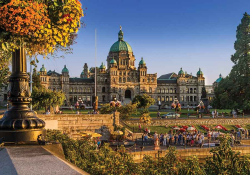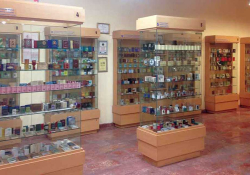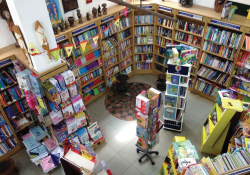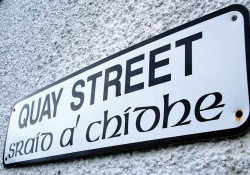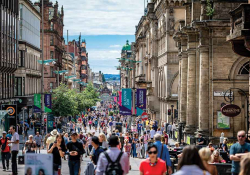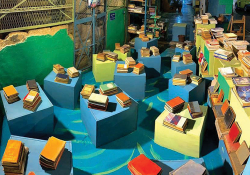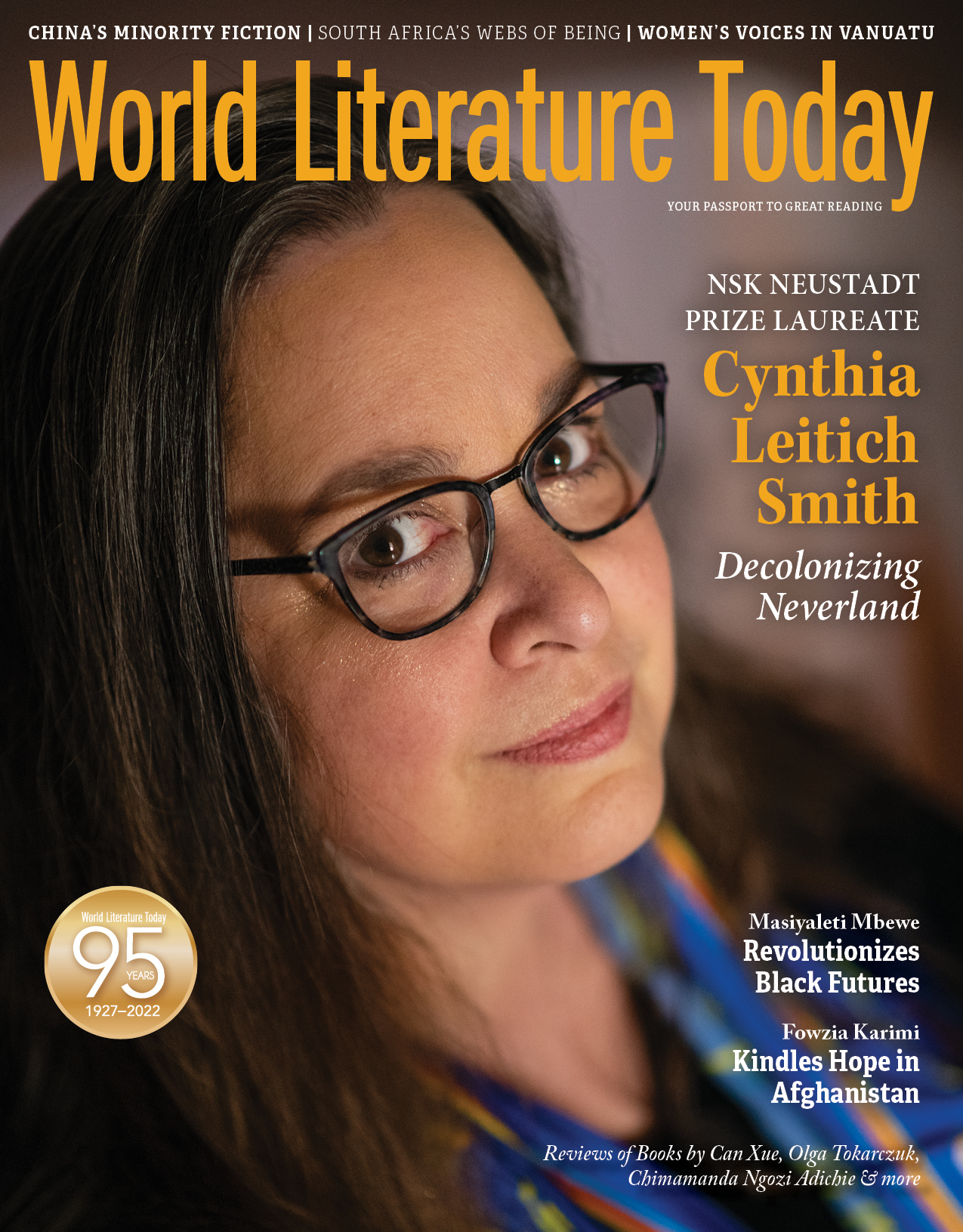Dakar

LIKE A PILLOW that has burst its seams, Dakar overflows with an excess of life. The resultant drift of people, goods, and animals through the city is a raucous cacophony of metal and flesh. Initiating it, it seems, are the shopkeepers, who, egged on by some madness, empty their stores to display their wares on the sidewalks, if not the street itself. Pedestrians and aimless livestock, thus displaced, wander itinerant through busy intersections as one would an open plain. Drivers take it all in stride, using this stricture as an opportunity to free themselves from the burdens of direction and signage. The result is a pandemonium of travel, a melee of feet, wheels, and hooves. The klaxon is the lingua franca, a beep available for every expression from “Here I am!” to “Whee! I’m driving!” to “I don’t brake for children.” The gumming of Dakar’s arterial flow can be overwhelming; if one finds the car horn one of the world’s lesser languages, it is downright oppressive.
Above the fracas, on a scrubby hillock, rise the emblematic threesome of a beefy man, his zaftig wife, and their pointing babe: the African Renaissance Monument, the tallest statue on the continent. The North Korean–built monolith is either, depending on one’s view, an embodiment of African rebirth and self-empowerment or a vanity project and cash cow for former president Abdoulaye Wade. Either way, it is impressively large, an imposing image of a pert, muscular family.
Cities are not only formed of their brutish reality but also the collective ideas of their residents. This is fortunate for Dakar, a cornucopia of ideas and vision, where literature plays an important characterizing role.
The most famous character is undoubtedly Léopold Sédar Senghor, who, elected as independent Senegal’s first president in 1960, was an acclaimed poet before his political rise, a model of Mao’s pen-and-sword ideal of a ruler. On the opposing side, his political rival, historian Cheikh Anta Diop, wrote a litany of intellectual publications that gave rise to Pan-Africanism and “Diopian thought.” Their joint struggle against oppression made Dakar one of the cradles of Négritude.
Though Senghor and Diop, like Cheikh Hamidou Kane, are authors of another time, their themes of displacement and rebirth have carried through to today. The 2021 International Booker Prize went to the French-Senegalese author David Diop and translator Anna Moschovakis for At Night All Blood Is Black, which follows a Senegalese man into the fracas of the Second World War. That war casts a surprisingly heavy shadow over western Africa; war-grave cemeteries are found throughout this part of the continent. Dakar’s—Bel Air Cemetery—is near the sea, half a mile from the Museum of Black Civilization.
Another everlasting theme is the troubled relationship between France and Senegal, between Dakar and Paris; two large, powerful countries within their respective spheres of influence, inextricably linked through history and language. This bond marks the work of authors Fatou Diome and Ndèye Fatou Kane, and filmmaker Ousmane Sembène.
There are, of course, other languages; both indigenous and widely spoken: Wolof, Pulaar, Sere, and Diola, to name a few. Books in these languages are rare to nonexistent, though the established writer and 2022 Neustadt Prize laureate, Boubacar Boris Diop, for one, writes in Wolof.
When moving about the city, avoid, if possible, the cacophony of Sicap-Liberté and Grand Yoff arrondissements, where zones like S.C.A.T. live up well to their acronym. Stick to the Atlantic coast, where, in Ouakam arrondissement, Chez Alpha Books carries a wide variety of international titles in Wolof, French, Arabic, and English. Elsewhere, the bookstore Aux 4 Vents has various locations across the city.
What to Read Overlooking Dakar’s Baie de hann
 Léopold Sédar Senghor
Léopold Sédar Senghor
The Collected Poems
Trans. Melvin Dixon
University of Virginia Press
 Mariama Bâ
Mariama Bâ
So Long a Letter
Trans. Modupé Bodé-Thomas
Waveland Press
 David Diop
David Diop
At Night All Blood Is Black
Trans. Anna Moschovakis
Farrar, Straus and Giroux
 Boubacar Boris Diop
Boubacar Boris Diop
Doomi Golo—The Hidden Notebooks
Trans. Vera Wülfing-Leckie & El Hadji Moustapha Diop
Michigan State University Press
 Anna Badkhen
Anna Badkhen
Fisherman’s Blues: A West African Community at Sea
Riverhead Books
